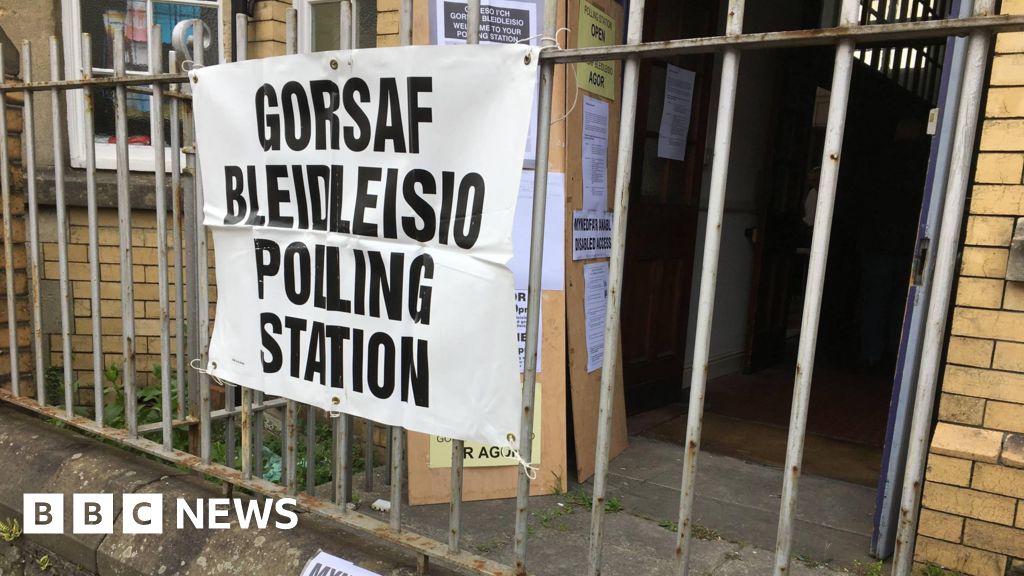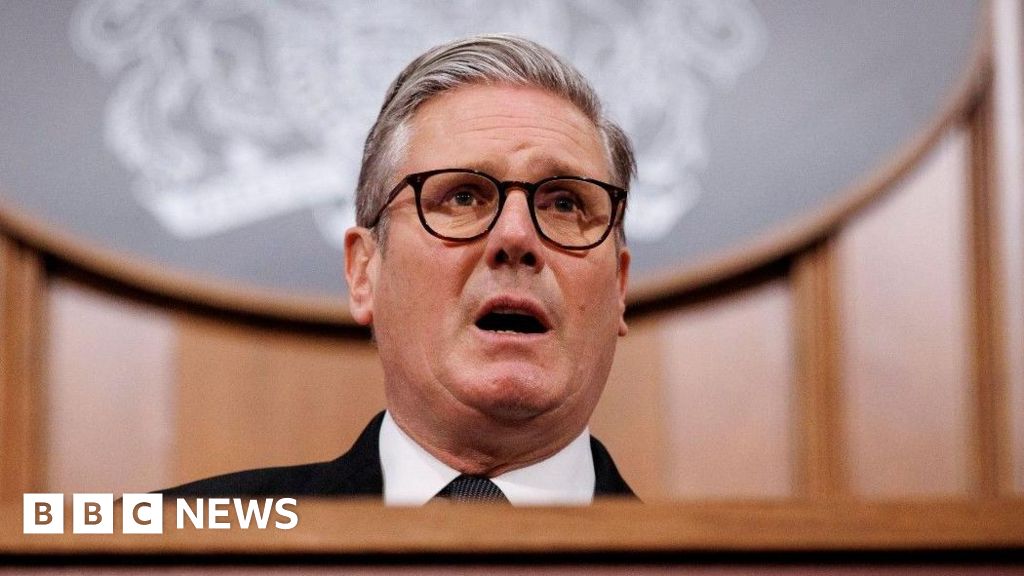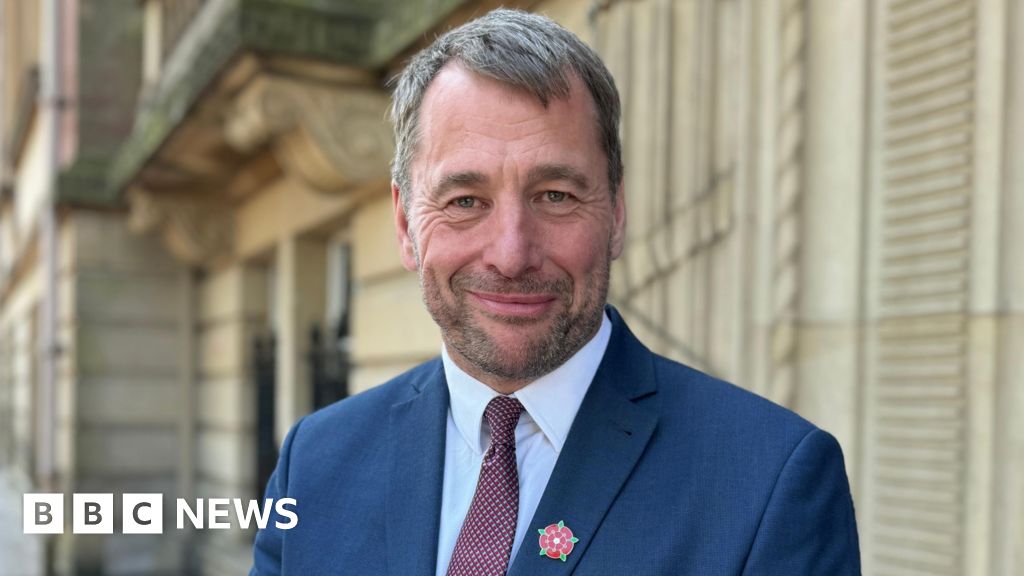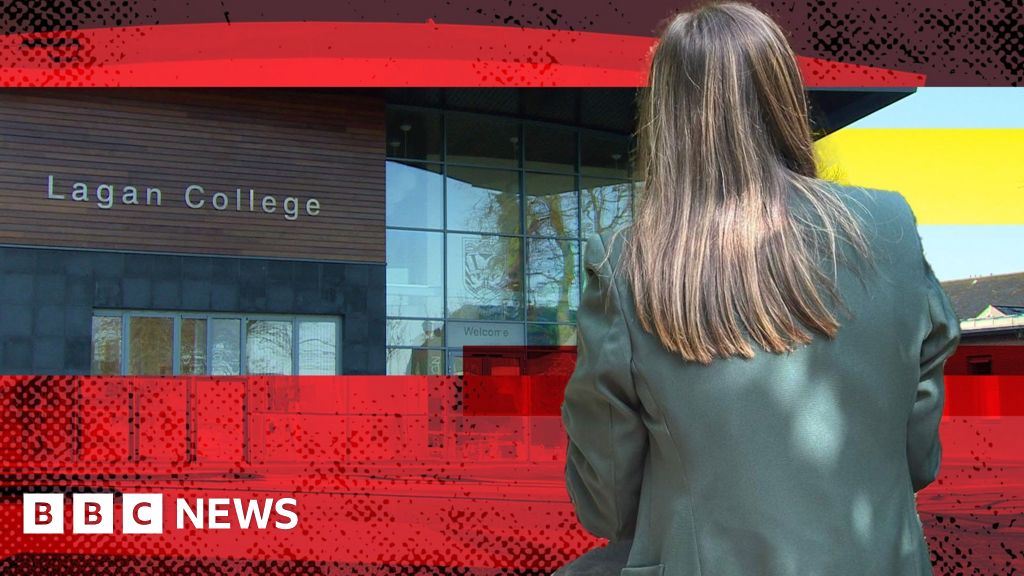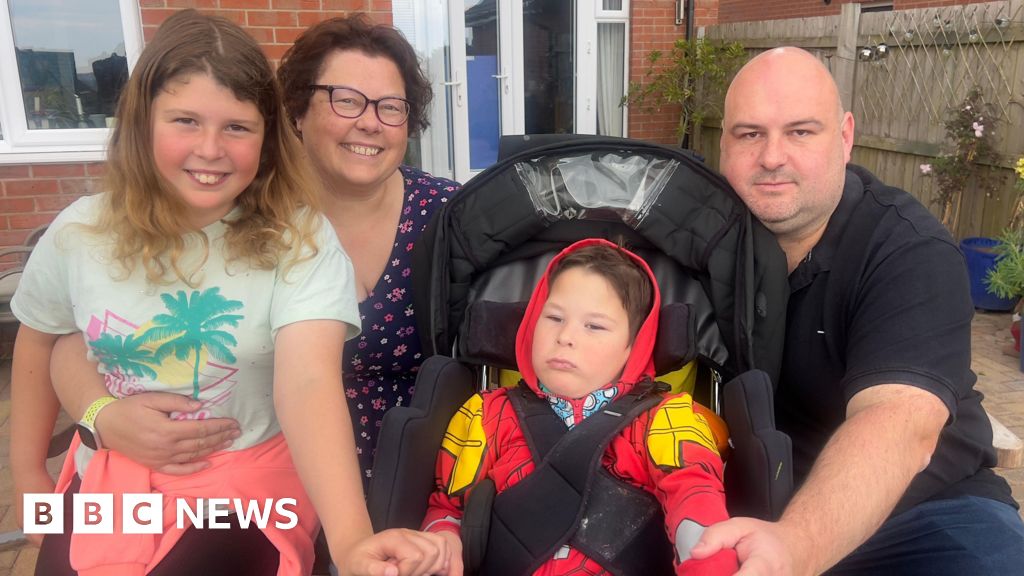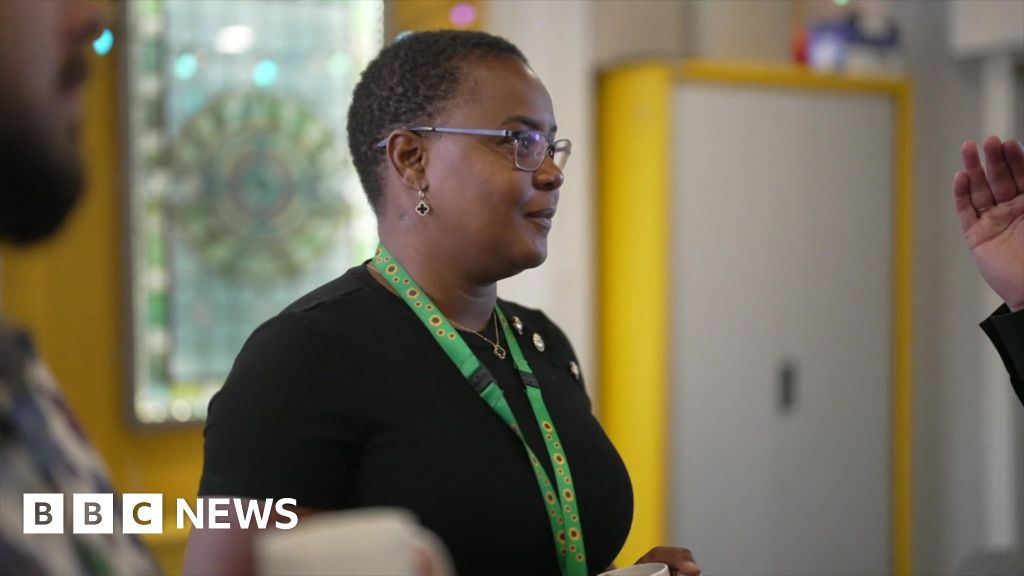A group led by Dr Anwen Elias from Aberystwyth University is examining ways to enhance political engagement in Wales, as many people feel disconnected from the current system. The Welsh government has commissioned the group to explore strategies to involve more individuals in politics at all levels. Dr Elias emphasizes that the challenges faced in Wales are not unique to the country, indicating a broader issue with political participation.
Since the inception of the Welsh Assembly 26 years ago, voter turnout has never exceeded 50% in any election. The turnout for various elections in Wales has been disappointingly low, with only 46% of eligible voters participating in the first Assembly election. In response to a report on Wales’ constitutional future by Prof Laura McAllister and Lord Williams, a panel has been established to address the decline in democratic engagement in Wales.
In addition to addressing low turnout rates, the group aims to encourage more people to engage in politics at different levels, from the Senedd to local councils. Dr Elias highlights the complex reasons behind the recent lack of interest in politics, including a perceived disconnect between politicians and the general public. Deputy First Minister Huw Irranca-Davies believes that Wales has the potential to approach these challenges differently and re-establish meaningful connections between citizens and the political system.
The group overseen by Huw Irranca-Davies is expected to deliver its findings before the upcoming Senedd election, providing political parties with valuable insights to improve democratic participation in Wales. The goal is to bridge the gap between politicians and the public, promote inclusive engagement, and empower individuals from diverse backgrounds to actively influence their communities. Leaders emphasize the importance of delivering on promises made during electoral campaigns and communicating effectively with the public to restore trust in the political process
Read the full article from The BBC here: Read More

